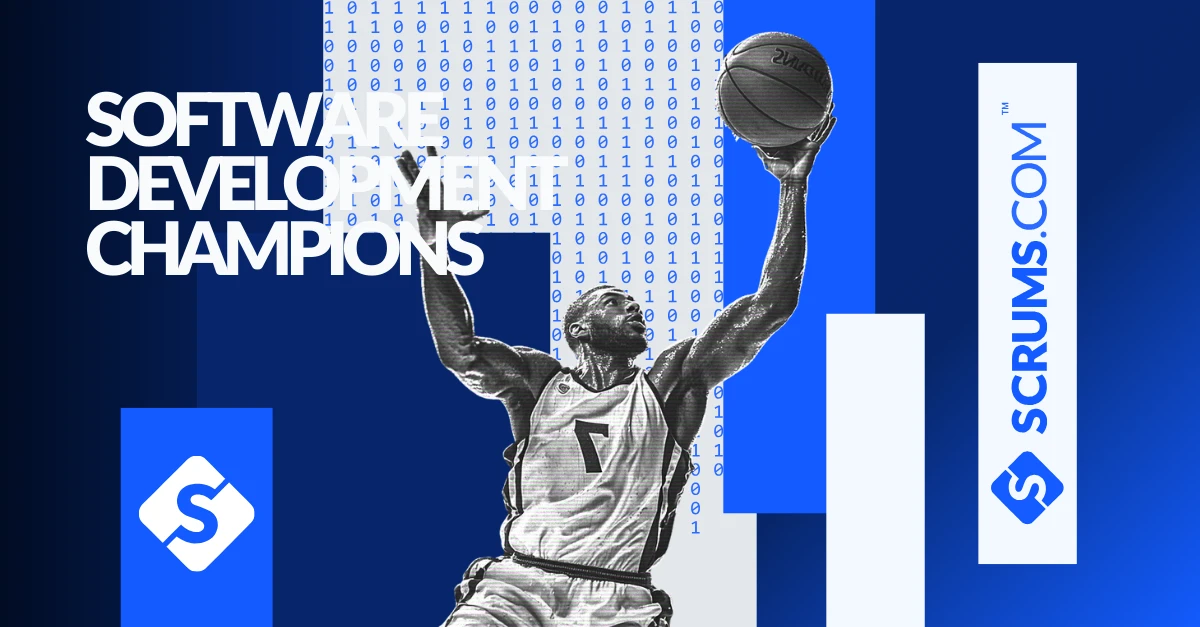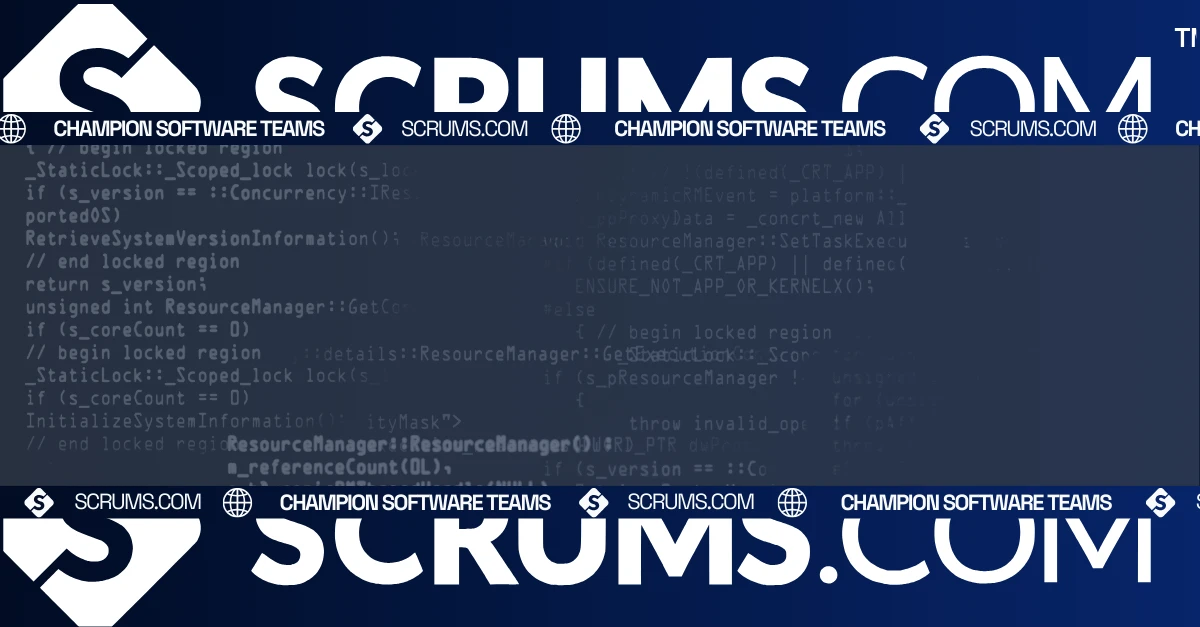DMCA: Digital Millennium Copyright Act
Repository Overview
The DMCA (Digital Millennium Copyright Act) code repository provides developers and businesses with tools and libraries to implement and manage digital rights management and copyright compliance efficiently. The repository is designed for those involved in web development, software engineering, and digital content management, aiming to simplify the complexities of adhering to copyright laws.
Information compiled in September 2024 is subject to change:
- Stars on GitHub: 5.5K
- Forks: 1.3K
- Contributors: 19
- Last Update: August 2024
Core Features and Benefits
Comprehensive DRM Implementation: The DMCA repository provides a robust toolkit for implementing digital rights management across different platforms, supporting various DRM standards and methods.
Automated Takedown Notices: Features built-in automation for generating and sending DMCA takedown notices, helping businesses protect their intellectual property efficiently.
Multi-Platform Support: Compatible with multiple programming languages and platforms, including Python, JavaScript, and PHP, allowing for flexible integration with diverse tech stacks.
Advanced Content Monitoring: Offers tools for continuous monitoring of digital content, ensuring early detection of copyright infringements and unauthorized usage.
Regular Security Updates: The repository is frequently updated to address potential vulnerabilities, ensuring a secure environment for DRM management.
Benefits for Developers:
- Provides a wide range of pre-built libraries and scripts, simplifying the implementation of DRM in projects.
- Reduces the need for custom development from scratch, saving time and effort.
Benefits for Business Stakeholders:
- Improves compliance with copyright laws, reducing legal risks and potential fines.
- Enhances brand protection by minimizing unauthorized use and distribution of digital assets.
Use Cases
Website Content Protection: Developers use the DMCA repository to add DRM features to websites, safeguarding digital content from unauthorized use.
Software Licensing Management: Businesses employ this repository to manage software licenses and enforce usage rights.
Media Streaming Services: Essential for digital streaming services needing to implement effective DRM measures.
E-commerce Platforms: Protects digital assets and products in online marketplaces.
Getting Started Guide
To get started with the DMCA repository:
Clone the Repository:
git clone https://github.com/user/DMCA.git
Install Required Dependencies:
npm install
Follow the Documentation: Visit the GitHub Wiki for detailed guides and examples.
Community and Support
GitHub Issues: Engage with the community and find support for any challenges faced.
Documentation: Comprehensive and regularly updated to help users understand and utilize the repository effectively.
Community Forums: Join discussions on Stack Overflow and GitHub Discussions.
Integration Possibilities
The DMCA repository can integrate seamlessly with frameworks like Django, Flask, React, and Node.js. Its modular design allows for easy customization to fit various project needs.
Performance and Scalability
Performance Benchmarks: Optimized for minimal overhead in web applications.
Scalability: Suitable for small to large-scale applications with high traffic.
Licensing and Security Considerations
Licensing: Distributed under the MIT License, allowing for flexible use and modification.
Security Precautions: Regular security audits and community vigilance help maintain a secure codebase.
Maintenance and Longevity
The DMCA repository is well-maintained with regular updates and a clear roadmap. Choosing this repository ensures a sustainable and evolving solution for DRM and copyright compliance.
Alternatives and Comparisons
OpenDMCA: A simpler, more lightweight alternative.
CopyrightX: Offers a broader range of tools but lacks community support compared to DMCA.
Our Recommendation
Why choose DMCA? If your business or project requires tools for managing digital rights and ensuring compliance with copyright laws, the DMCA repository is an excellent option. It provides comprehensive tools for digital rights management and automated takedown notices, making it ideal for developers, businesses, and content creators needing robust DRM solutions across various platforms.
Common FAQs Around this Code Repo
The repository receives updates monthly, focusing on new features, bug fixes, and security patches.
Yes, the repository is licensed under the MIT License, making it ideal for both personal and commercial use.
Absolutely! The repository is designed to be highly customizable, with modular code and clear documentation.
The community is active on GitHub Issues, and the maintainers regularly address concerns and bugs.
As of the last update in August 2024, there are no significant security vulnerabilities. Regular checks and community involvement help keep the repository secure.
Explore Software Development Blogs
The most recent trends and insights to expand your software development knowledge.






